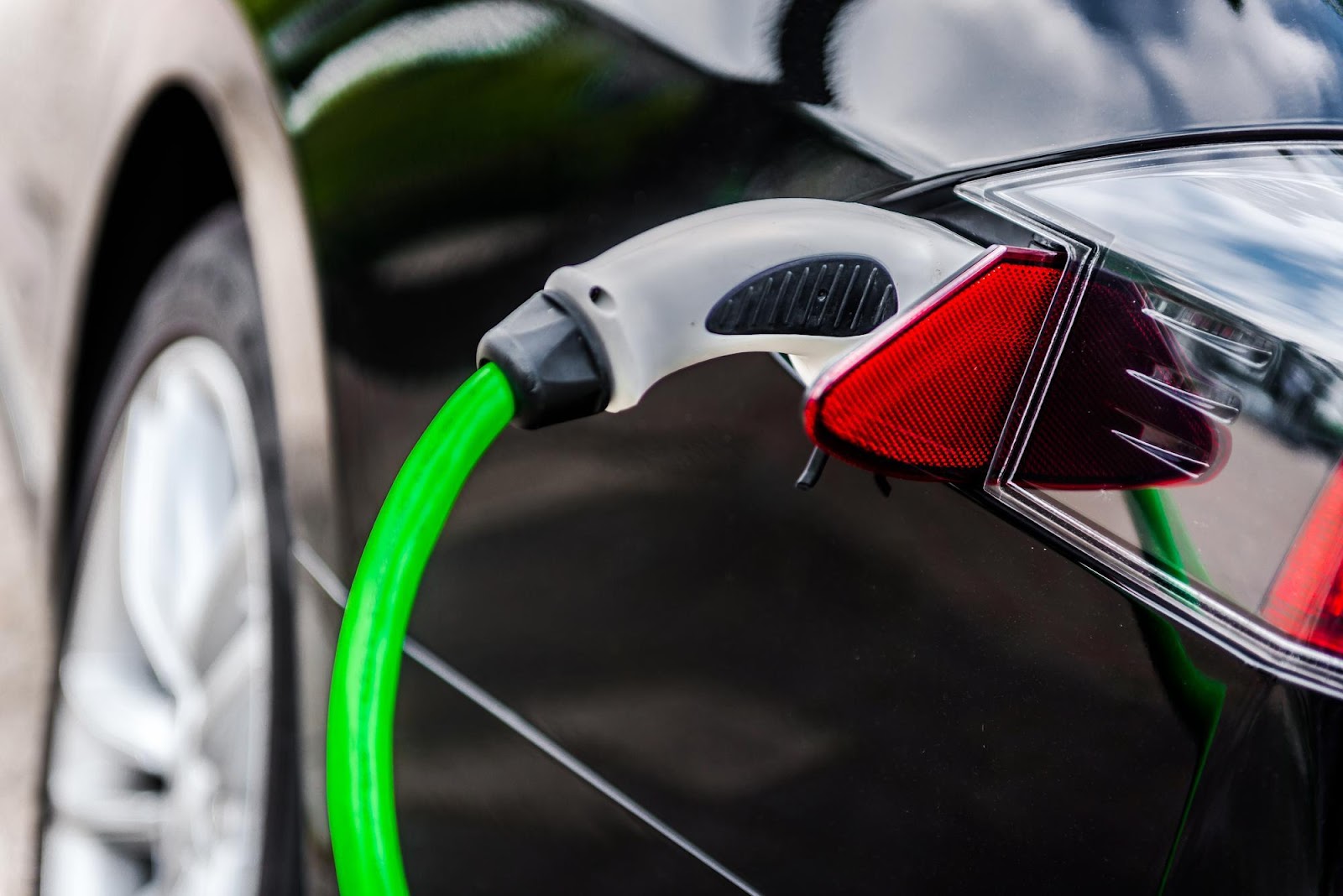
Understanding the Practicality of Installing EV Chargers at Home
The rapid onward march of electric vehicles (EVs) into the global motoring market has led to a growing realisation of the urgent need for efficient, reliable, and conveniently accessible charging options. Charging solutions relevant to EV customers’ unique lifestyle and usage patterns are demanded, with a trend emerging – installing home EV chargers. Our discussion is dedicated to breaking down the various facets of this modern necessity and evaluating the practicality of EV charger installation at home.
Table of Contents
The Rising Trend of Electric Vehicles (EVs)
The escalating popularity of EVs is no longer constrained to the domain of futurologists and green energy enthusiasts. This has become an everyday reality. A significant driving factor behind this upward trend can be traced down to two influential elements: environmental considerations and supportive government stances. In an era marked by escalating environmental crises, EVs are playing a pivotal role as they emit no harmful greenhouse gases, making them incredibly attractive to environmentally conscious consumers.
Aside from the environmental allure, supportive governmental policies across the globe, including Australia, are pushing the needle of adoption further. These policies range from concessions on taxes and other incentives to supportive infrastructure enhancements.
However, parallel to this proliferation in EV uptake, the importance of practical at-home charging solutions is increasingly appreciated. The common thread tying together EV owners worldwide is the recurring need to charge vehicles conveniently and efficiently, a feat that no walk to the ‘petrol station’ could match.
Understanding the Basics of EV Chargers
Delving into the realm of EV chargers, it firstly requires an understanding of their primary function. An EV charger essentially facilitates delivering electrical energy safely to an electric vehicle’s battery, converting it into a form suitable for efficient storage.
EV chargers are broadly categorised into three types: Level 1, Level 2, and DC Fast charging – each offering varying levels of charging speed. Level 1 and 2 chargers operate on standard AC power supply, while DC Fast Charging uses a direct current (DC) for quicker energy delivery. However, for home installations, Level 2 chargers often hit the sweet spot, ensuring the perfect balance between charging speed, cost-effectiveness and energy consumption.
Owning a personal EV charger enhances the ownership experience, circumventing the need for hunting down public charging stations and reducing anxieties around vehicle range.
Considerations for Installing Home EV Chargers
Installation of a home EV charger may seem an attractive proposition, yet it still calls for several considerations. These include the availability of adequate installation space, the resilience of the current domestic power supply, and quite critically, an understanding of the overall expense involved.
The installation process itself demands specialist knowledge and techniques, thus making it advisable to approach expert EV charger installation services. Such skilled professionals ensure the installation complies with local regulations while assisting in obtaining necessary regulatory permissions. Their involvement leads to a seamless installation experience, bypassing potential technical hurdles and ensuring functional efficiency.
Cost Versus Convenience: The Fundamental Trade-off
The contest between cost and convenience is perhaps an old adage in the consumer market, and it stands true for home EV charger installation. Even though the initial set-up and installation costs can be viewed as substantial, the unparalleled convenience of charging your EV while sipping your morning coffee might tilt the scale in favour of home charging.
In the long run, the higher initial outlay for a home charging setup can be partially offset by expected savings accrued in avoiding public charging station fees. Complementing this financial benefit, several governments, keen on promoting cleaner transport alternatives, have begun to offer incentives and subsidies, thereby helping to defray costs associated with home charging infrastructure.
Overcoming the Challenges of Home EV Charging
Although the potential for home EV charging is immense, it comes with its unique set of challenges. The primary concerns are those of power management and vehicle compatibility. However, contrary to usual fears, these potential roadblocks are not insurmountable. Solutions like smart charger systems and power management software are available that facilitate efficient power utilisation whilst ensuring compatibility across different EV models.
Technological innovation and the pursuit of optimal charging solutions continue to drive improvements in the home EV charging landscape. As they ensure that EV charging becomes more user-friendly, practical, and increasingly accessible to all EV owners.
Conclusion
Given the fast-paced advancement in EV technology and broader consumer acceptance, a future laden with home EV charger installations appears closer than ever. Individual solutions like home EV charging infrastructures that can be tailored to one’s unique requirements and circumstances are clearly gaining preference over more traditional, one-size-fits-all solutions.
Despite potential obstacles, technology and innovation continue to present solutions, making the prospect of home EV charger installation appealing beyond mere practicality. A future conceivably punctuated with private EV charging infrastructures is not a distant reality but a rapidly approaching norm. In embracing modern trends like EVs and home charging, we are making crucial strides towards a sustainable and cleaner future. In shifting towards renewable energy alternatives, owning EVs and the associated home chargers symbolise a proactive contribution to broader environmental goals. As the global community continues this march against carbon emissions, every step towards embracing cleaner alternatives ensures a greener future for all.








